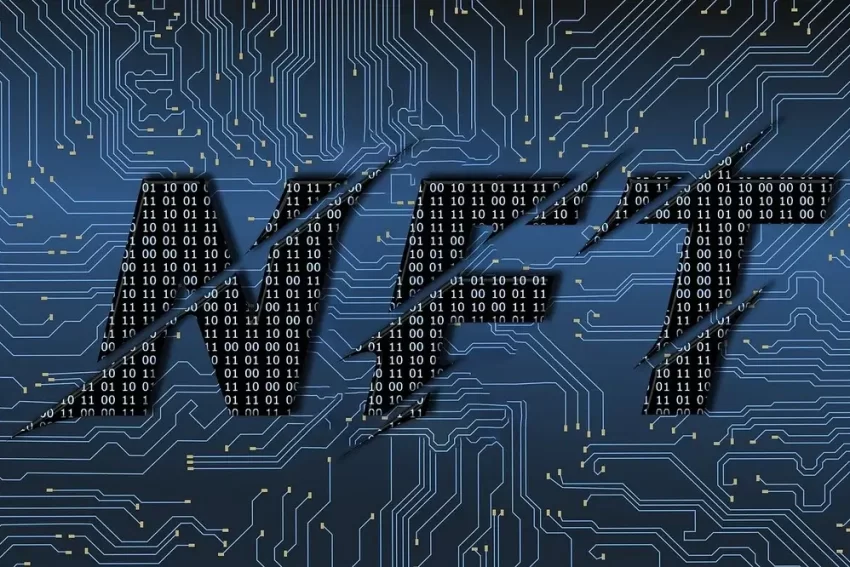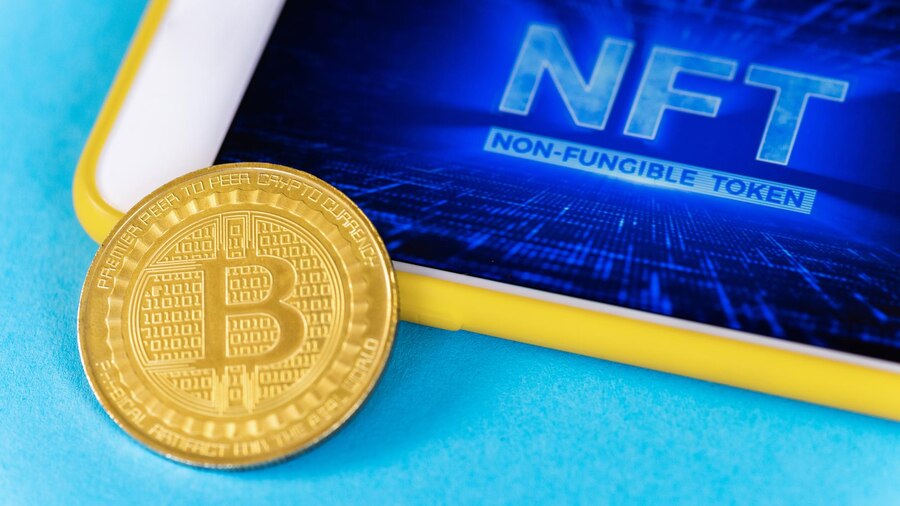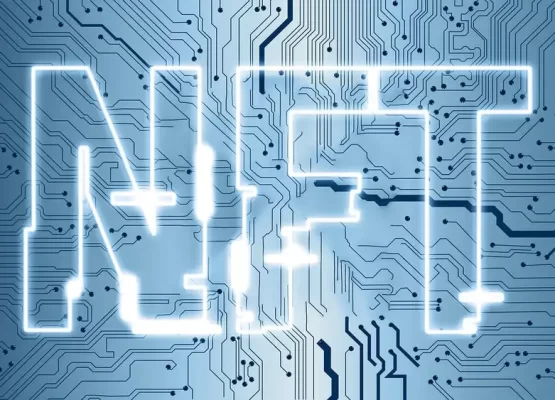Introduction: Understanding NFT Tokens and Gaming
In recent years, NFT tokens have gained increasing popularity in the digital realm, particularly in the gaming industry. NFTs, or non-fungible tokens, are unique digital assets that can represent anything from in-game items to virtual real estate and even digital art. They offer a new way for gamers to own and authenticate their digital assets, while also providing new revenue streams for game developers and publishers.
The use of NFTs in gaming has opened up a world of opportunities, from the creation of virtual economies to the development of new and innovative game mechanics. However, this new technology also comes with its own set of challenges, from legal and regulatory issues to concerns around scalability and security.
In this blog post, we will explore the opportunities and challenges of NFT tokens in gaming, looking at real-world use cases and success stories. We will also discuss the future of NFT tokens in gaming, examining emerging trends and predictions for this exciting and rapidly evolving industry.
How NFT Tokens Work in the Gaming Industry
In the gaming industry, NFT tokens work by representing unique digital assets that can be owned, traded, and authenticated on the blockchain. These assets can include in-game items such as weapons, skins, and characters, as well as virtual real estate, game art, and other collectibles.
NFT tokens are created using smart contracts, which are self-executing contracts that automate the transfer of ownership and other actions on the blockchain. Once a digital asset is transformed into an NFT, it becomes a unique and scarce asset that can be bought, sold, and traded like a traditional asset.
NFTs in gaming can be used in a variety of ways, such as creating virtual economies, enabling player-to-player trading, and offering new revenue streams for game developers and publishers. They also offer benefits such as increased security, transparency, and ownership for gamers, as well as the ability to collect and showcase rare and unique in-game assets.
Overall, the use of NFT Token development in gaming represents a significant shift in the way gamers and game developers approach the creation and ownership of digital assets, offering new opportunities for innovation and growth in the industry.
Opportunities for NFT Tokens in Gaming
The use of NFT tokens in gaming presents numerous opportunities for innovation and growth in the industry. Some of the key opportunities include:
- Creation of Virtual Economies: NFTs can be used to create virtual economies within games, where players can buy, sell, and trade unique and scarce digital assets. This creates a new layer of gameplay and can lead to new revenue streams for game developers and publishers.
- Increased Ownership and Authenticity: NFTs provide gamers with increased ownership and authenticity of their digital assets, as they can be verified on the blockchain and are unique and scarce. This creates a more immersive and engaging gaming experience, as players can collect and showcase rare and valuable in-game assets.
- New Revenue Streams for Developers: NFTs provide game developers and publishers with new revenue streams, as they can receive a portion of the sales of NFTs traded within their games. This incentivizes developers to create unique and desirable in-game assets, which can lead to increased player engagement and loyalty.
- Player-to-Player Trading: NFTs enable player-to-player trading of digital assets, which can create a more dynamic and interactive gaming experience. Players can trade assets they no longer want or need, or acquire new assets to enhance their gameplay.
- Cross-Game Compatibility: NFTs can be used across multiple games and platforms, providing gamers with increased flexibility and freedom to use and trade their assets. This can lead to the creation of new ecosystems and communities within the gaming industry.
Overall, the use of nft gaming development provides exciting new opportunities for game developers, publishers, and players alike, offering a new level of authenticity, ownership, and engagement in the digital realm.
Challenges of Implementing NFT Tokens in Gaming
While NFT tokens present numerous opportunities for gaming, their implementation in the industry also comes with several challenges that need to be addressed. Some of these challenges include:
- Scalability: Currently, blockchain technology faces challenges with scalability and high transaction fees. For NFTs to be widely adopted in gaming, these issues need to be resolved to ensure seamless and affordable transactions.
- User Education: NFTs are a new and complex concept, and many gamers may not be familiar with them. It is crucial to educate users on how NFTs work, their benefits, and how they can be used in gaming.
- Regulatory Issues: As with any new technology, there are regulatory challenges to be addressed when it comes to NFTs. Governments and regulatory bodies may need to define laws and regulations to ensure fair use of NFTs, protect consumers from fraud, and ensure compliance with tax and financial regulations.
- Integration with Existing Systems: Integrating NFTs with existing game systems can be challenging. Game developers may need to modify their games to integrate NFTs, which can be time-consuming and costly.
- Market Saturation: The market for NFTs is currently booming, but there is a risk of oversaturation. If too many NFTs flood the market, their value may decrease, and gamers may lose interest.
Overall, while NFTs offer exciting new opportunities for gaming, their implementation also comes with several challenges that need to be addressed to ensure their widespread adoption and success in the industry.
Future of NFT Tokens in Gaming: Predictions and Trends
The future of NFT tokens in gaming is promising, with several predictions and trends indicating their increasing adoption and growth in the industry. Some of these include:
- Increased Adoption by Game Developers: As more game developers recognize the benefits of NFTs in gaming, there will be an increasing number of games that integrate NFTs as a core element of their gameplay and monetization strategies.
- Emergence of NFT-based Gaming Platforms: NFT-based gaming platforms are already emerging, such as Enjin and Immutable X. These platforms offer a seamless and user-friendly way for game developers to integrate NFTs into their games, creating new ecosystems and communities within the gaming industry.
- NFTs as a Revenue Stream for Players: In addition to game developers, players themselves can also benefit from NFTs as a new revenue stream. Players can earn NFTs by completing in-game challenges, trading, or selling them to other players for real money.
- Interoperability and Cross-Platform Use: As blockchain technology continues to evolve, NFTs will become more interoperable and cross-platform compatible, enabling players to use their NFTs across multiple games and platforms.
- Mainstream Adoption: With the growing interest in NFTs and the increasing adoption of blockchain technology, NFTs are poised to become more mainstream in gaming and beyond.
Overall, the future of NFT tokens in gaming looks promising, with several trends and predictions indicating their increasing adoption and growth in the industry. As blockchain technology continues to evolve, NFTs have the potential to transform the way we play and monetize games, creating new opportunities and revenue streams for game developers, players, and the gaming industry as a whole.
Conclusion: NFT Tokens and the Future of Gaming
NFT tokens have the potential to transform the gaming industry, creating new opportunities and revenue streams for game developers and players alike. As we have seen, NFTs can be used in a variety of ways in gaming, from in-game items and assets to new revenue streams for players.
While there are challenges to implementing NFTs in gaming, such as scalability and user education, the trends and predictions for the future of NFTs in gaming are promising. We can expect to see increased adoption by game developers, the emergence of NFT-based gaming platforms, and more mainstream adoption of NFTs in gaming and beyond.
As blockchain technology continues to evolve, we can also expect NFTs to become more interoperable and cross-platform compatible, creating new ecosystems and communities within the gaming industry.
Overall, the future of NFT tokens in gaming is exciting and full of possibilities. As we continue to explore the potential of this new technology, we can expect to see innovative new games, revenue streams, and communities emerging, transforming the way we play and monetize games.



